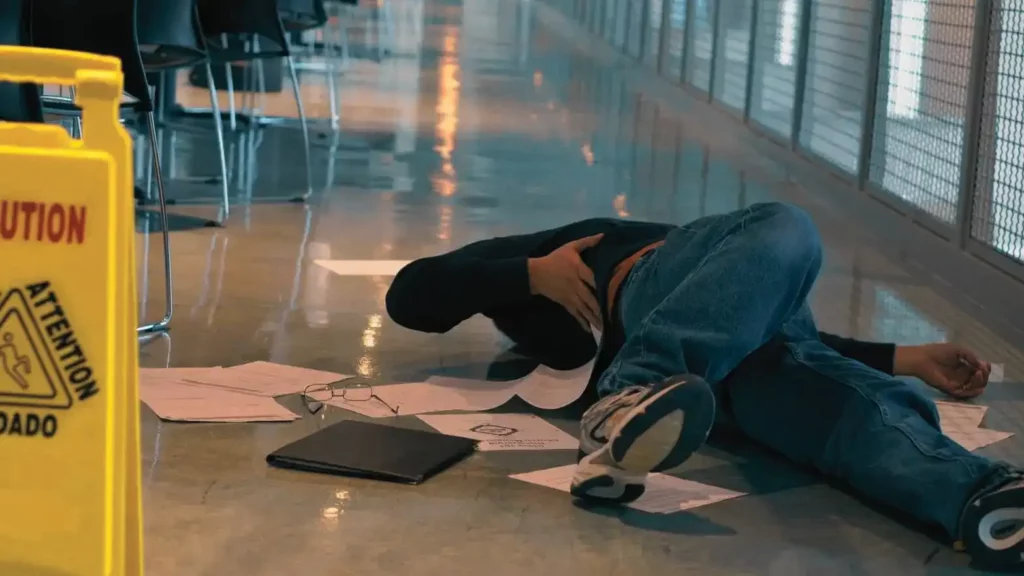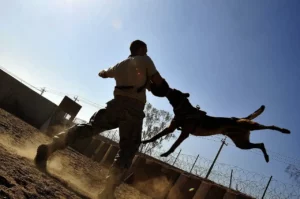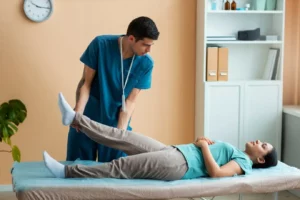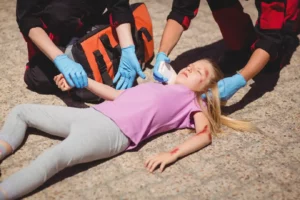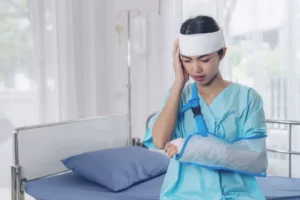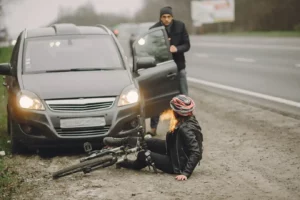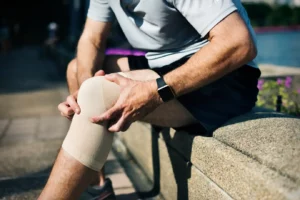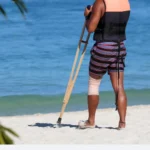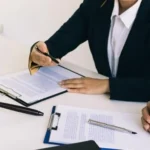Slip and fall accidents are among the most common types of personal injuries, often resulting in significant physical, emotional, and financial challenges. Understanding their causes is crucial for preventing accidents and ensuring safety in everyday environments.
What Are Slip and Fall Accidents?
Slip and fall accidents occur when a person loses their footing, resulting in a sudden and often dangerous fall. These accidents can happen anywhere, from grocery stores and workplaces to private homes and public sidewalks.
1. Wet or Slippery Surfaces
Wet floors are the leading cause of slip and fall accidents. Common examples include:
- Spilled liquids in grocery stores or restaurants.
- Recently mopped or waxed floors without proper warning signs.
- Rainwater or snow tracked indoors.
2. Uneven or Damaged Flooring
Uneven surfaces or poor maintenance can cause unexpected trips, such as:
- Loose tiles or floorboards.
- Torn or frayed carpeting.
- Cracked sidewalks or potholes in parking lots.
3. Poor Lighting
Inadequate lighting makes it difficult to see obstacles or changes in flooring, increasing the risk of tripping. This issue is common in:
- Stairwells without sufficient light.
- Dimly lit parking garages.
- Poorly maintained public spaces.
4. Cluttered Walkways
Obstructions in walking paths can create tripping hazards, such as:
- Boxes or tools left in aisles or hallways.
- Electrical cords or wires stretched across the floor.
- Toys or household items scattered on the ground.
5. Outdoor Hazards
External environments can present unique dangers, including:
- Icy or snowy sidewalks during winter.
- Wet leaves or moss on walkways.
- Cracks in pavements due to weather damage.
6. Improper Footwear
Wearing inappropriate shoes for an environment can contribute to accidents, such as:
- High heels or shoes with little traction on slippery surfaces.
- Worn-out soles that reduce grip.
- Inadequate footwear in industrial or construction settings.
7. Negligent Property Maintenance
Property owners are responsible for maintaining safe premises. Failing to address hazards like broken handrails, unmarked steps, or unsecured rugs can lead to liability for slip and fall accidents.
Who Is at Risk?
While anyone can experience a slip and fall accident, certain groups are at higher risk:
- Elderly individuals: Reduced mobility and balance issues make older adults more vulnerable.
- Workers in hazardous industries: Construction, hospitality, and retail employees often face slippery or cluttered conditions.
- Children: Young kids may be less cautious and more prone to accidents.
How to Prevent Slip and Fall Accidents
- Maintain Clean and Dry Floors
Regularly clean spills and use warning signs for wet areas. - Inspect and Repair Flooring
Fix uneven surfaces, torn carpets, or broken tiles promptly. - Ensure Proper Lighting
Install adequate lighting in all areas, especially staircases and entryways. - Clear Walkways
Remove clutter and secure loose cords or rugs. - Use Suitable Footwear
Wear shoes with good grip and appropriate for the environment. - Address Outdoor Hazards
Clear ice, snow, and debris from walkways regularly.
What to Do After a Slip and Fall Accident
If you or someone you know experiences a slip and fall accident, take the following steps:
- Seek Medical Attention: Prioritize health and document injuries.
- Report the Incident: Notify the property owner or manager immediately.
- Document the Scene: Take photos of the hazard and gather witness information.
- Consult a Lawyer: Protect your rights and explore potential compensation for injuries.
Final Thoughts
Slip and fall accidents are often preventable with proper awareness and safety measures. By addressing common hazards and staying vigilant, you can reduce the likelihood of these incidents and create a safer environment for everyone.
For more information on slip and fall prevention or legal advice, explore additional resources at Injuries Wiki.

